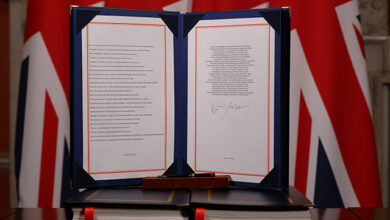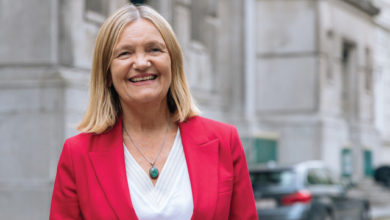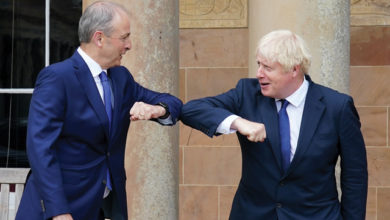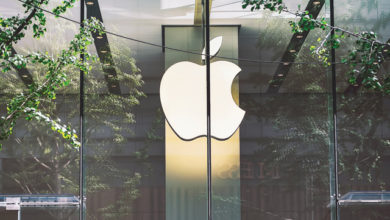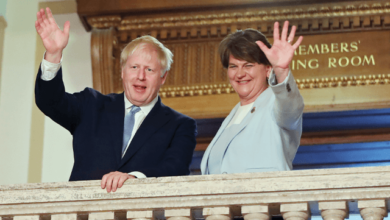Trump, Brexit and Europe
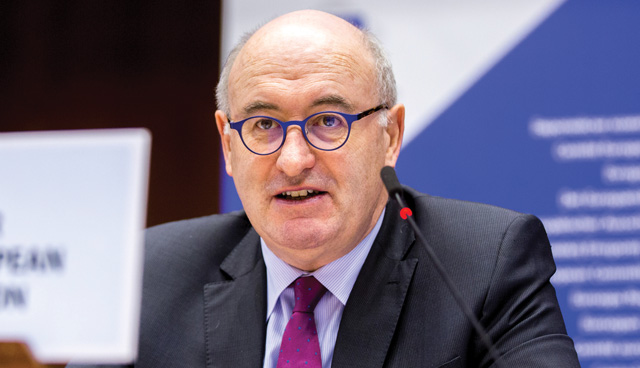

Speaking at the MacGill Summer School, Phil Hogan, European Commissioner for Agriculture and Rural Development reflects on the post-Brexit era of “populism, polarization and political poison” facing Ireland in the context of Trump-led trade wars. eolas reports.
Few are as acutely aware of the challenges facing the United Kingdom and Ireland following ‘Brexit’ than Phil Hogan, former Fine Gael TD and sitting European Commissioner for Agriculture and Rural Development. Indeed, the politician has been to the forefront of negotiations which will eventually see the UK’s departure from the European customs union and the single market. Since being nominated to the position by the EU’s Jean-Claude Juncker in 2014, Hogan has spearheaded efforts to ensure adequate investment, spending and growth of rural development.
The UK’s decision to depart from the EU is not, however, the only challenge facing Ireland, according to Hogan. The Commissioner also points to the election of Donald Trump as President of the United States as a situation which calls for increased vigilance from Ireland. “We are in an era of populism, polarisation and political poison,” he says, “and Ireland must be ready, now more than ever, to deal with the very uncertain road that lies before us”.
“Arguably, Ireland has done better than any other Western country at harnessing the wings of globalisation and free trade,” explains Hogan. “Not only have we been a magnet for foreign direct investment, we have become an agri-food export powerhouse, and our citizens fearlessly travel all over the world to make use of their range of skills and talents. That is why this era of economic isolationism and trade wars should have us all on high alert,” he adds.
Crumbling relations
Throughout his analysis, the Commissioner draws reference to the previously strong and cordial relationship that existed between the United Kingdom, the United States and the rest of the international rules-based community. According to Hogan, such a relationship is now confined to the books of history after Donald Trump’s “continuance of steering the USA away from the EU and the international community”. Such efforts may take generations to reverse — a fact which Hogan faces directly in his role as a negotiator. “The problem with taking such a large turn is the amount of time it may take to steer it back. Jean Claude Juncker will appeal to Donald Trump soon to protect the values of the EU. He will not be the first and he won’t be the last”.
Like many politicians and commentators, Hogan watched as Donald Trump visited European states in early July. Clips of overly defensive body language and chiding, playground remarks to the media rapidly went viral. “It left a lot of people understandably gob smacked,” laments Hogan. “Nobody is holding their breath for an improvement in his attitude — he just breaks the accepted standards of good behavior time and time again”.
Like an experienced parent or teacher, the EU has met Donald Trump’s apparent arrogance with patience and cordiality, according to Hogan. “We thought the EU would have been a natural ally to the United States, considering that Europeans built America. This perspective has been flatly rejected following Brexit and the election of Donald Trump, with the man himself going as far as to refer to the EU as ‘foes’ of the USA,” he continues. “The EU response so far has been patient and considered – it has sought to match tariff strike with tariff strike. It has appealed to the relevant world trade panels, it has indicated its willingness to talk about the balance of trade, and we try to make a clear difference between trade and security – unlike the USA.”
Ireland and the ‘new normal’
“Europe’s patience hasn’t been rewarded, as America ramps up its threats against car makers, China and anyone in sight. The EU is ready to participate in a constructive conversation which considers this new reality.”
Hogan repeatedly refers to the “new normal” currently gripping Western society – one of economic protectionism and national isolationism. “Europe’s patience hasn’t been rewarded, as America ramps up its threats against car makers, China and anyone in sight. The EU is ready to participate in a constructive conversation which considers this new reality,” explains Hogan. “Ireland will have to build a new strategy to take account of Trump’s new normal in the US. One of our conclusions would be that we must work more closely together to protect and enhance the international rules-based system both in trade and in national behavior,” he adds. “We must be more conscious of our soft power and use it intelligently, being ready to create alliances with other likeminded countries.”
Of particular resonance to Commissioner Hogan is the issue of product standards and the honouring of national agreements. “The EU has been firm on food and environmental standards, and we won’t change our minds on this,” he says. “The will to see hormone-enhanced beef and chlorine-treated chicken on our shelves is very low. We will not see a situation where a lower standard is introduced to the single market that Ireland inhabits – our consumers deserve better.”
“Ireland and the European Union must step up to the plate and develop a new normal. United States service exports to the EU have been growing by 9 per cent year-on-year, which will gradually diminish the trade deficit if the trend continues,” claims Hogan, as he outlines the fruitful trading relationship that has been previously enjoyed between the US and the EU. “More than 70 per cent of foreign direct trade investment into the US comes from the EU. So, you would wonder – what on earth is the problem? What is wrong with the man?”
Trade wars and Ireland’s future
How does Ireland survive in the current trade war? According to Hogan, Ireland can mitigate the worst ravages of modern international relations by both supporting the EU’s counteractions whilst supporting, encouraging and participating in open dialogue. “Ireland must be vigilant of the USA using Brexit to destabilise the EU, including waving a quick and easy trade deal in the face of the UK. If Theresa May rules out the customs union and single market, then it narrows her options in regard to coming to an agreement with the EU.”
Commissioner Hogan concludes his analysis with concerned references to the future of an Irish border. Whilst all concerned parties have insisted that the border will remain invisible, Michel Barnier must assess whether this promise can be delivered. “A stumbling block may be the special treatment offered to Northern Ireland – making an exception for the North may be seen by many as a bridge too far. Any difficulties in negotiations will be magnified by the current rift taking place inside the British Conservative Party.
“We are in very messy situation and must remain in high alert.”

